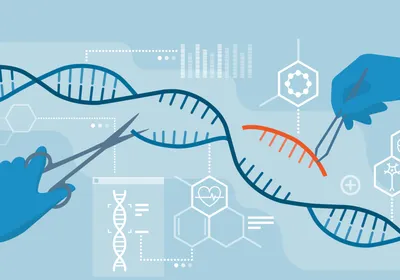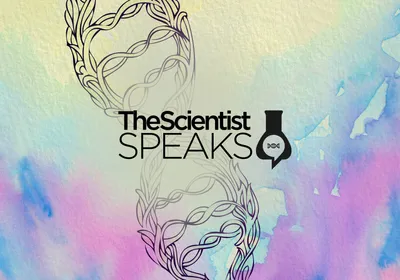 © BRYAN SATALINOUpdate (November 22): The UC Berkeley team will submit a reply brief supporting its appeal of the Patent Trial and Appeal Board decision to the US Court of Appeals for the Federal Circuit today, announced ERS Genomics, the company founded on the basis of Emmanuelle Charpentier’s work with the UC Berkeley team. “We are pleased that the briefing is now complete and that the court can now proceed to hear and decide the appeal,” Eric Rhodes, CEO of ERS, says in the announcement. “One of the important questions in this case is whether Broad’s deployment of conventional techniques for using bacterial systems in eukaryotic cells was an obvious aspect of UC’s core CRISPR-Cas9 invention. Our side is adamant in our belief that this is the case.”
© BRYAN SATALINOUpdate (November 22): The UC Berkeley team will submit a reply brief supporting its appeal of the Patent Trial and Appeal Board decision to the US Court of Appeals for the Federal Circuit today, announced ERS Genomics, the company founded on the basis of Emmanuelle Charpentier’s work with the UC Berkeley team. “We are pleased that the briefing is now complete and that the court can now proceed to hear and decide the appeal,” Eric Rhodes, CEO of ERS, says in the announcement. “One of the important questions in this case is whether Broad’s deployment of conventional techniques for using bacterial systems in eukaryotic cells was an obvious aspect of UC’s core CRISPR-Cas9 invention. Our side is adamant in our belief that this is the case.”
Update (October 25, 2017): The Broad Institute of MIT and Harvard University filed a brief today in response to the appeal by the University of California, Berkeley (UCB). The brief argues that the claims made in a patent granted to the Broad, MIT, and Harvard are patentably distinct from the claims made in UCB’s patent application, meaning that the Patent Trial and Appeal Board’s decision in favor of the Broad and partners should stand. “Broad’s brief makes clear that neither of UCB’s arguments are accurate,” the institute says in a statement.
In an opening brief filed with the US Court of Appeals for the Federal Circuit in Washington, DC, this week (July 25), the University of California (UC) argued that the ruling issued by the ...





















